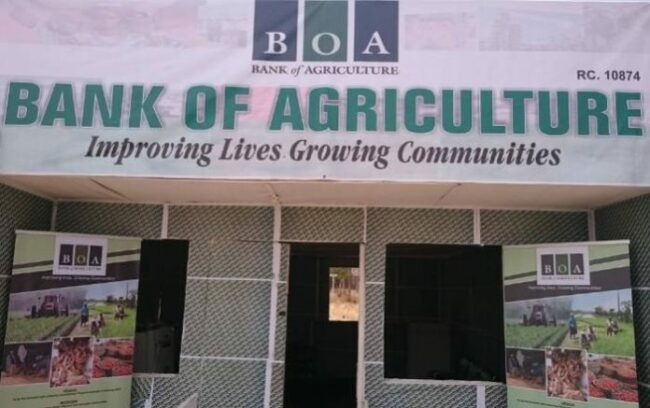The federal government has disclosed that it plans to finalise the recapitalisation of the Bank of Agriculture (BOA) by the end of the first quarter (Q1) of 2025.
Minister of Agriculture and Food Security, Abubakar Kyari, disclosed this while briefing State House Correspondents in Abuja.
The minister said the initiative would enhance funding for smallholder farmers and address longstanding challenges in accessing financial support for commercial agriculture.
He also said the recapitalisation is crucial for combating food inflation, which currently stands at approximately 34 percent.
The national council of privatisation (NCP), chaired by Vice-President Kashim Shettima, had in 2024, inaugurated a committee, headed by Wale Edun, minister of finance and coordinating minister of the economy, to work out modalities for the resuscitation of the bank.
Kyari said the move is part of the government’s response to the escalating food insecurity as part of strategic interventions aimed at mitigating the crisis.
According to him, the recapitalisation is expected to provide farmers with the necessary financing to expand their operations, noting that loans from conventional commercial banks have been inadequate in recent times.
“Something that I also missed out is the reorganisation and recapitalisation of the Bank of Agriculture. It’s in the process, and very soon, within the first quarter of this year, you will see a report outlining the reorganisation and the recapitalisation of the Bank of Agriculture,” Kyari said.
Continuing, the minister added that the “Bank of Agriculture has branches in all 109 senatorial districts and can reach out quickly to those farmers. What we are saying is that you need to support smallholder farmers who lack capital.
“So, we have written to some banks. We are also reorganising the Bank of Agriculture to support what the government is doing in the sense of public financing in the budgets and what have you.”
Kyari further explained that these initiatives are backed by commercial banks, development partners, and public financing channels, all working collectively to enhance agricultural projects across the country.
He highlighted successful partnerships with the Rome-based International Fund for Agricultural Development (IFAD), a United Nations agency.
“In 2024, the positive outcomes of IFAD-funded projects—such as the Livelihood Improvement of Family Enterprise for the Niger Delta—led to an additional grant of $32 million, along with an extension of the project’s timeline,” he added.
Kyari also commended the success of the 2024 farming season, during which farmers recorded high yields across the country, attributing the success to favourable weather conditions, efficient government policies, and enhanced security in previously inaccessible farming regions.
The minister said the government is working to bring down the nation’s food commodity prices, which is why new policies have been adopted to make farming easier.









